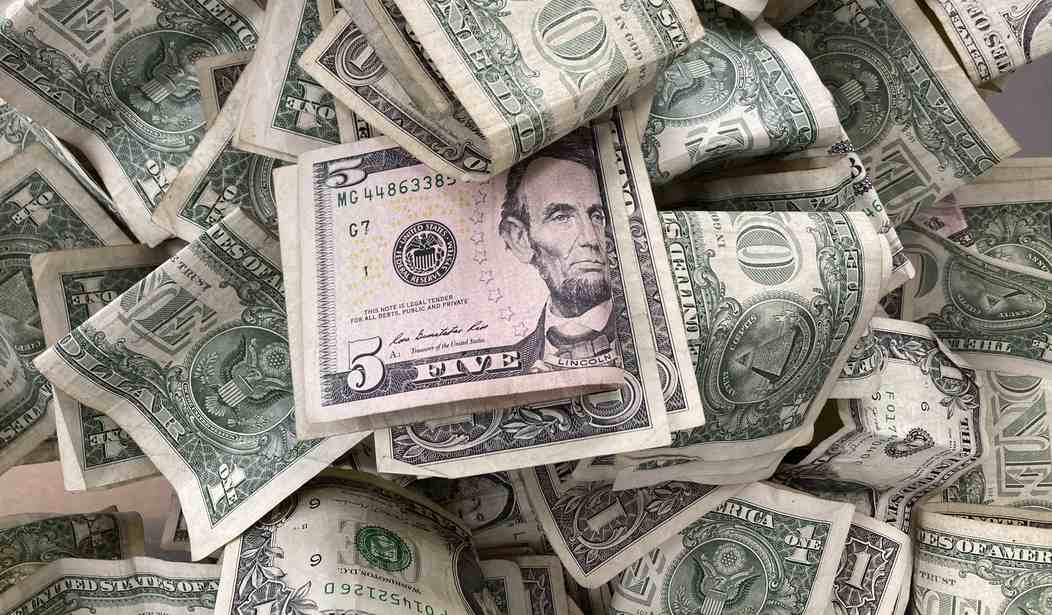If you think runaway inflation is brutal, wait until you get hit by the cure.
Last week, the Federal Reserve raised the interest rate on money it lends to other banks by .75%, the biggest hike in three decades. Fed Chair Jerome Powell said the hike is necessary to rein in skyrocketing inflation. He's planning more hikes in the coming months. These hikes will lead to increased interest charges on credit cards and higher rates on home equity loans, car loans and mortgages. It's a punch in the gut for people who need to borrow.
Get ready for the interest rates on your credit card to top a budget-busting 20% two monthly statements from now -- up from a current average of 14.6%.
If you're shopping for a home or a car, adjust your expectations downward. You will now be able to afford less than you thought because monthly payments will include significantly higher interest costs.
The Fed has no choice but to act. In fact, it waited too long. The Fed's mission is to maintain price stability and full employment. Inflation hit a 40-year high in May.
Inflation is partly global, but it's significantly worse in the U.S. than in other developed countries, according to a report from the San Francisco Federal Reserve. Excessive government spending has made the nation awash in cash.
During the pandemic, consumers had money deposited in their bank accounts by Uncle Sam. When COVID lockdowns ended, they went out to spend it. That pushed prices upward. Those giveaways are now causing inflationary pain.
Had the Fed acted sooner, contends former Obama administration economist Steve Rattner, the rate hikes would not have to be so drastic, and the cure so painful. The Fed "was inexplicably slow," he says.
Harvard economist and former Treasury official Karen Dynan predicts "generalized pain" in the coming months.
"The transition is going to be very difficult," cautions Seth Carpenter, global chief economist at Morgan Stanley, who adds that it takes a long time for inflation to come down.
Recommended
That's the straight story you're not getting from the Biden administration and its allies. In a Washington Post column, Biden ally Sebastian Mallaby, from the Council on Foreign Relations, applauded the Fed's hike as "courageous" and praised President Joe Biden for backing Powell.
Truth is, prices are expected to stay high in the coming months. Borrowing to pay those higher prices and keep the family afloat will be prohibitive.
Financial adviser Suze Orman is urging people to pay off their credit card debt and live within their means -- easier said than done. The average household has to spend $450 more a month than last year for basic necessities such as food and energy.
As for mortgage rates, they are the highest since 2008. The cost of a 30-year fixed-rate mortgage hit 6.28% last week, nearly double what it was at the end of December.
During COVID, the Fed took actions to make mortgages as cheap as possible, but now it's pursuing opposite policies. Powell says housing prices "need a bit of a reset." Look for softer prices but higher borrowing costs.
Borrowers are losers under the Fed's strategy. But savers are winners. If you have a nest egg, you can shop around and likely get much better interest income on your money.
Job security is another matter. Protesters rallied outside the Fed building in Washington, D.C., on June 15, wearing T-shirts that said, "full employment defenders." They warned that cooling the economy could jeopardize the jobs of low-level workers. Former Treasury Secretary Larry Summers also says taming inflation is improbable "without a substantial increase in unemployment." Maybe, but unemployment now is still near historic lows.
The next few months will be tough for many people.
Biden conceded to the Associated Press this weekend that Americans "are really, really down." Sorry, Mr. President. Forget the crocodile tears. What we need is for prices to be really, really down.

























Join the conversation as a VIP Member